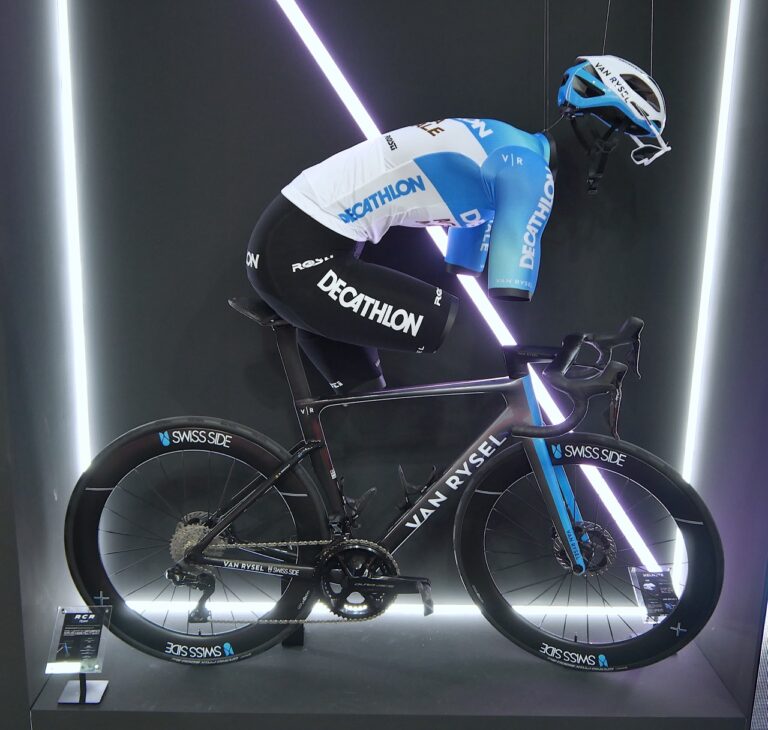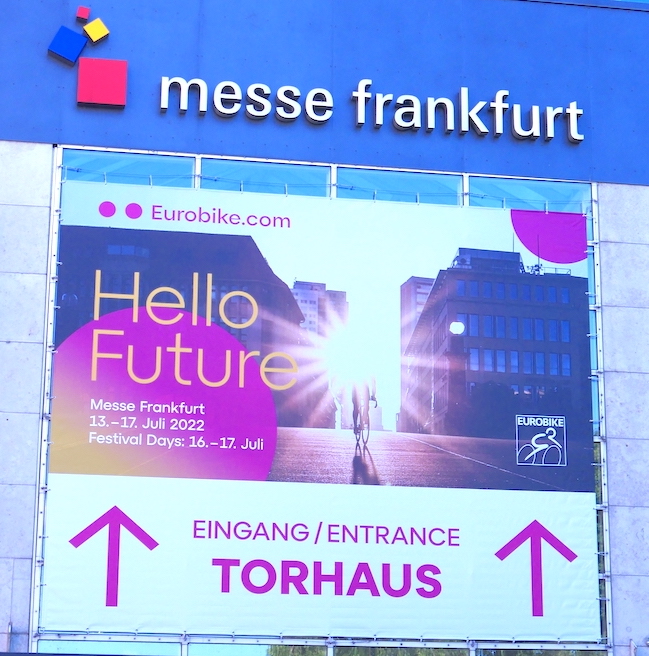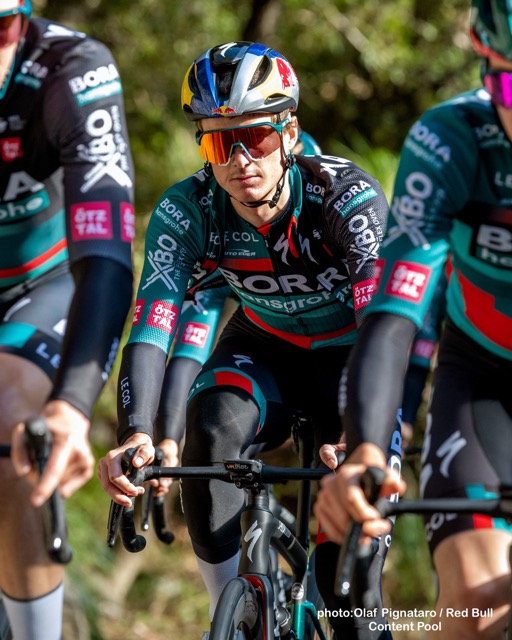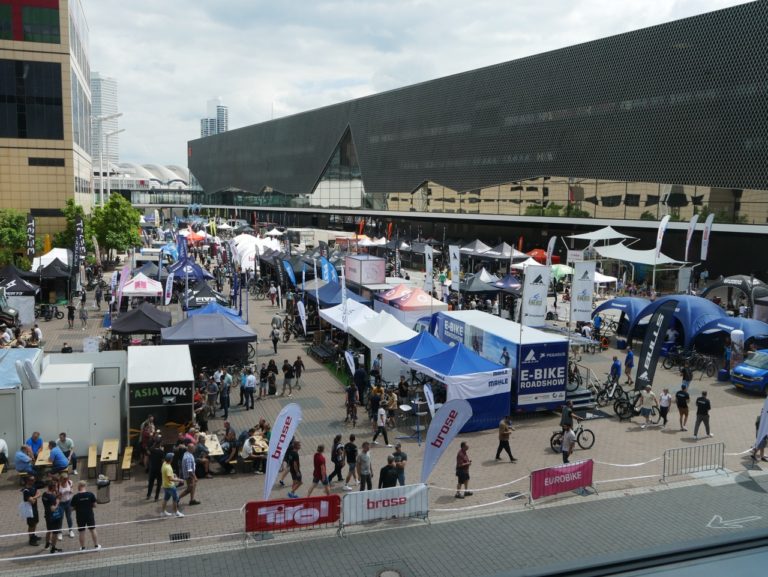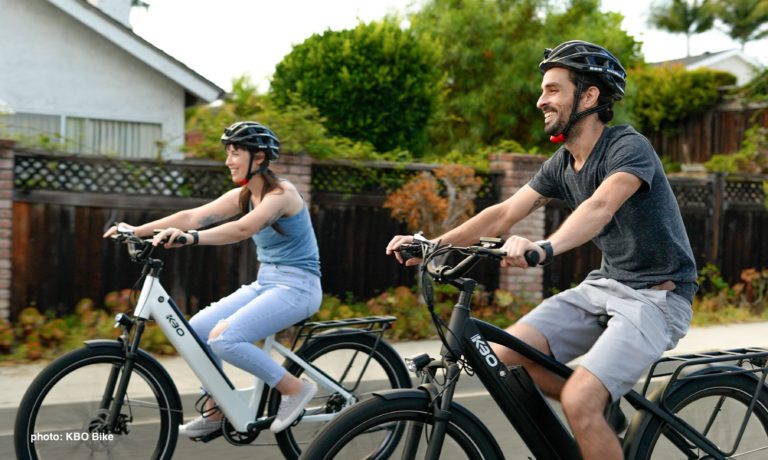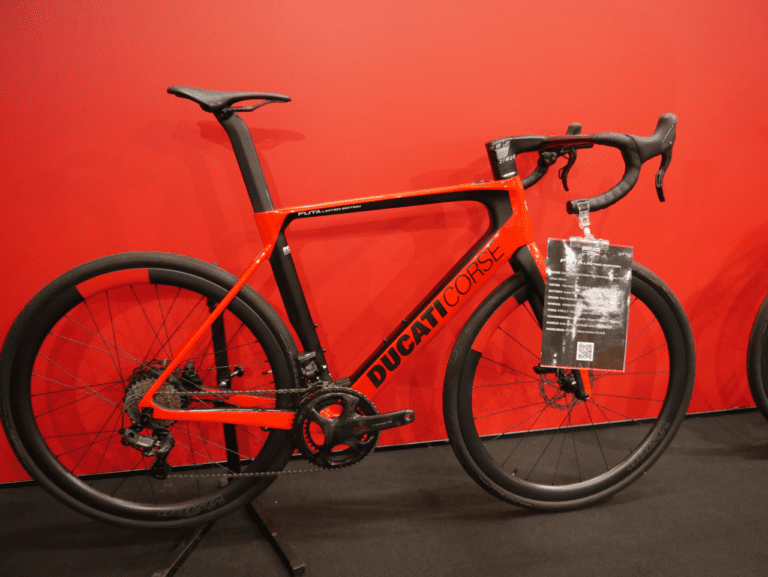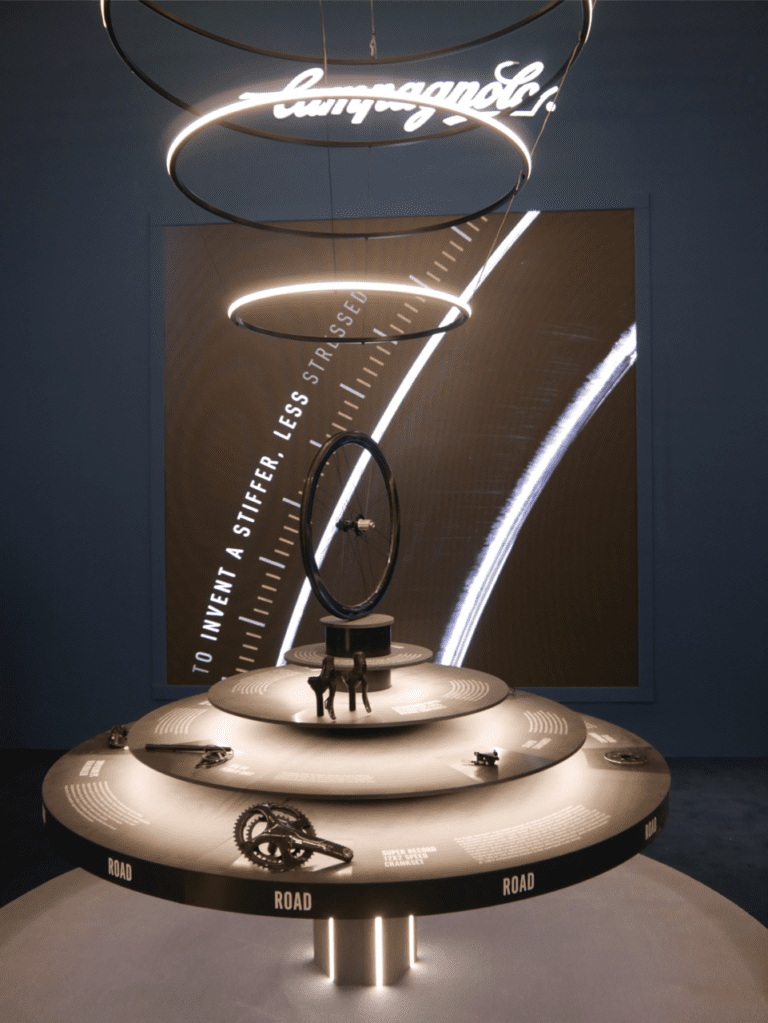French sporting goods retailer Decathlon showed off their premium road bike brand, Van Rysel, at the Velofollies bike expo in Kortrijk, Belgium this past January.
For those who aren’t familiar with Decathlon, they’re the world’s largest sporting goods retailer with a revenue of €15.4 billion and more than 2000 stores spread across 56 countries and regions. As a vertically integrated company that controls all stages of the supply chain, Decathlon develops and markets more than 50 budget brands for a wide range of sports, with Van Rysel being their dedicated premium cycling brand.
While the Van Rysel brand has been in existence since 2019, it has never had the kind of marketing push needed for it to be recognized among premium road cycling brands. In the past, Decathlon’s products and marketing have been aimed at entry-level sports enthusiasts who belong to the broad segment of value-conscious shoppers. So when Decathlon announced it would become title co-sponsor of the WorldTour AG2R La Mondiale cycling team and its two developmental teams in 2024, it was a surprise to many within the premium cycling industry.
Any doubts about Decathlon’s commitment were put to rest by CEO Barbara Coppola who made it clear that Decathlon is committed to the partnership and making a difference in the premium cycling market. “We will be with the riders on every step. We are co-creating, we are working hand in hand, on the bikes, helmets, glasses to meet their performance need at the highest level. These products will then be available to the public.”
Van Rysel brand manager, Nicolas Pierron, also confirmed Decathlon’s commitment and ambition within the premium cycling market. “We are very proud to see our bikes, helmets and glasses chosen by the AG2R La Mondiale teams, including the historic team of UCI World Tour. Van Rysel has a big ambition: to reach the global top five cycling brands. To achieve that, we must have the best in class products. It’s not an option.”
With this five-year sponsorship deal, it appears that Decathlon not only hopes to better align itself with the road cycling market, but more importantly, use the opportunity to market its Van Rysel brand of bikes, helmets, eye wear, and apparel within the premium road cycling market.
This is not the first time that Decathlon has sponsored a cycling team – Team AG2R La Mondiale rode Decathlon’s Penta Pro bikes in the early 2000s – but it marks a commitment by the French retailer that hasn’t been seen before. Much of the gear carried by Decathlon falls into the entry-level budget category, and while it’s inexpensive and functional, it often lacks the extras that characterize and distinguish high-performance premium brands. While many of Decathlon’s brands can perform well in a weekend outing, there is a limit to how well they can perform in the long run when it comes to comfort and overall performance.
Decathlon’s goal for Van Rysel to become one of the the top five cycling brands will require serious re-branding if they hope to compete within the premium cycling market. With so many other established brands within the market, price alone will not make a difference unless Van Rysel plans to undercut competitors substantially. Essentially, there are two hurdles that Decathlon will need to overcome. The first, how to market the premium Van Rysel brand to Decathlon’s present customer base, which is largely comprised of sports enthusiasts who are not interested in premium gear as much as they are interested a great bargain. The second, how to win over customers in the premium cycling market who have strong loyalties to established brands and may view Van Rysel as another Decathlon budget-brand.
While sponsoring a WorldTour team and having your premium road bike ridden in the Tour de France can go a long way towards enhancing your brand, it won’t necessarily change the expectations and spending habits of loyal customers or potential customers. As always, time will tell whether Decathlon’s budget-conscious customers will embrace Van Rysel, but more importantly, whether the premium cycling market will embrace Van Rysel.
Here’s a quick look at Van Rysel’s line of bikes.
Presently, there are 10 Van Rysel road bikes available across three categories – Racer, Endurance-Racer, Endurance – with e-bikes, triathlon, time trial, and gravel bikes soon to be available. In the U.S., Van Rysel’s premium RCR Force AXS Power road bike is available with SRAM Force AXS Powermeter and Zipp 404 Firecrest Carbon Wheels for $6,999. In late spring, the RCR Team Edition with Shimano Dura-Ace Di2 drivetrain and SwissSide carbon wheels is expected to be available for $10,999.
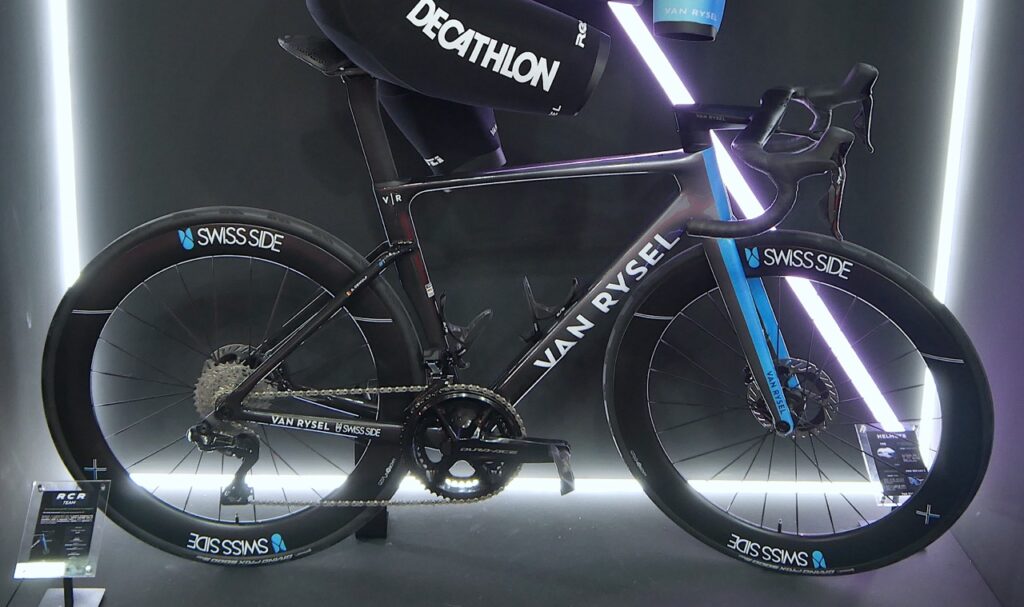
Van Rysel RCR Pro – Team Edition
For 2024, the Decathlon AG2R La Mondiale Team will ride the Van Rysel RCR Pro, an aero road bike designed with the help of ONERA, the French aerospace research laboratory. It’s similar to other WorldTour team bikes in design and aerodynamic qualities, with dropped seat stays, a flared head tube, and an integrated cockpit by Deda. The bike is outfitted with Shimano Dura-Ace, Swiss Side wheels, and tires from Continental.
Unlike some other brands, Van Rysel does not presently have any plans for a special road bike dedicated to stage races or mountains, so the team will ride the RCR Pro exclusively in all types of events. While the versatility and weight (6.9 kilos for size M) of the RCR Pro may negate the need for the team to have a road bike dedicated to mountains or stage races, some might argue that Van Rysel would benefit by offering such an option to customers.
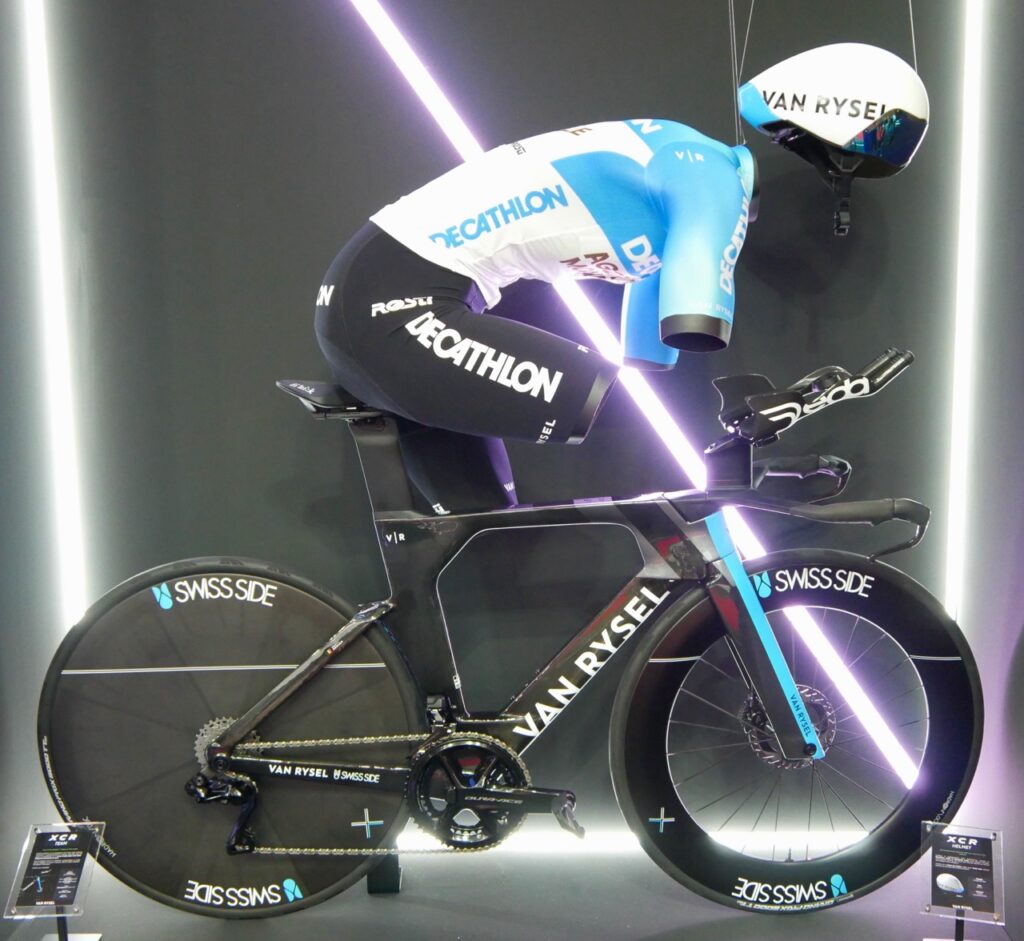
Van Rysel XCR – Team Edition
For time trials, the team will ride Van Rysel’s XCR, a super aero machine that features large aerofoil tubes throughout the frame with a cockpit that is meticulously integrated into the top tube. Deda’s integrated carbon aero bar extensions provide ergonomic and aerodynamic gains, while Swiss Side provides the aero wheels, a Hadron Disc in the rear and a Hadron 800 in the front. Similar to the RCR, the component group is Shimano Dura-Ace and the tires are Continental’s fastest model, the GP 5000 TT TR.

